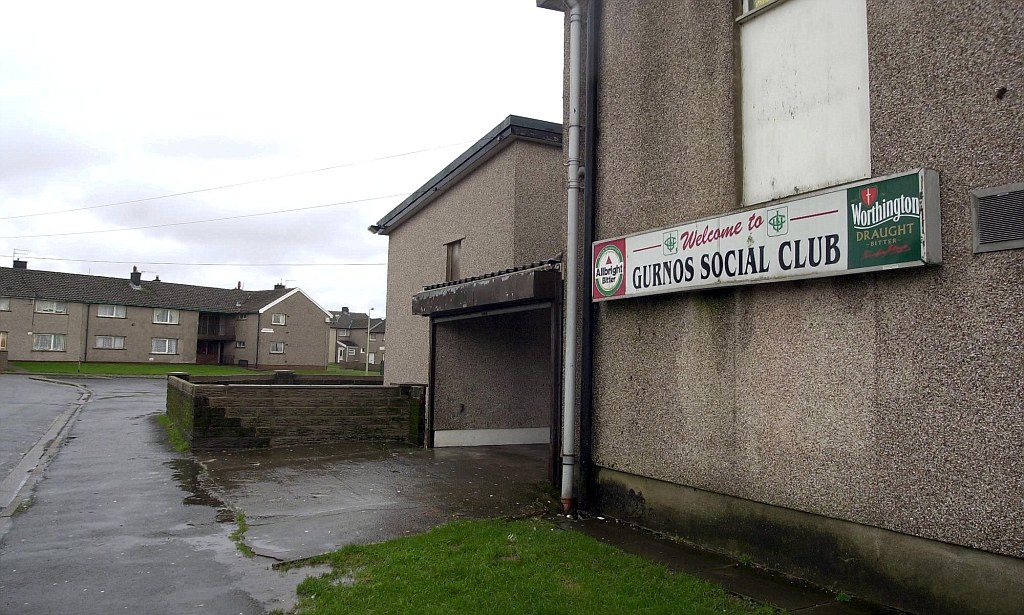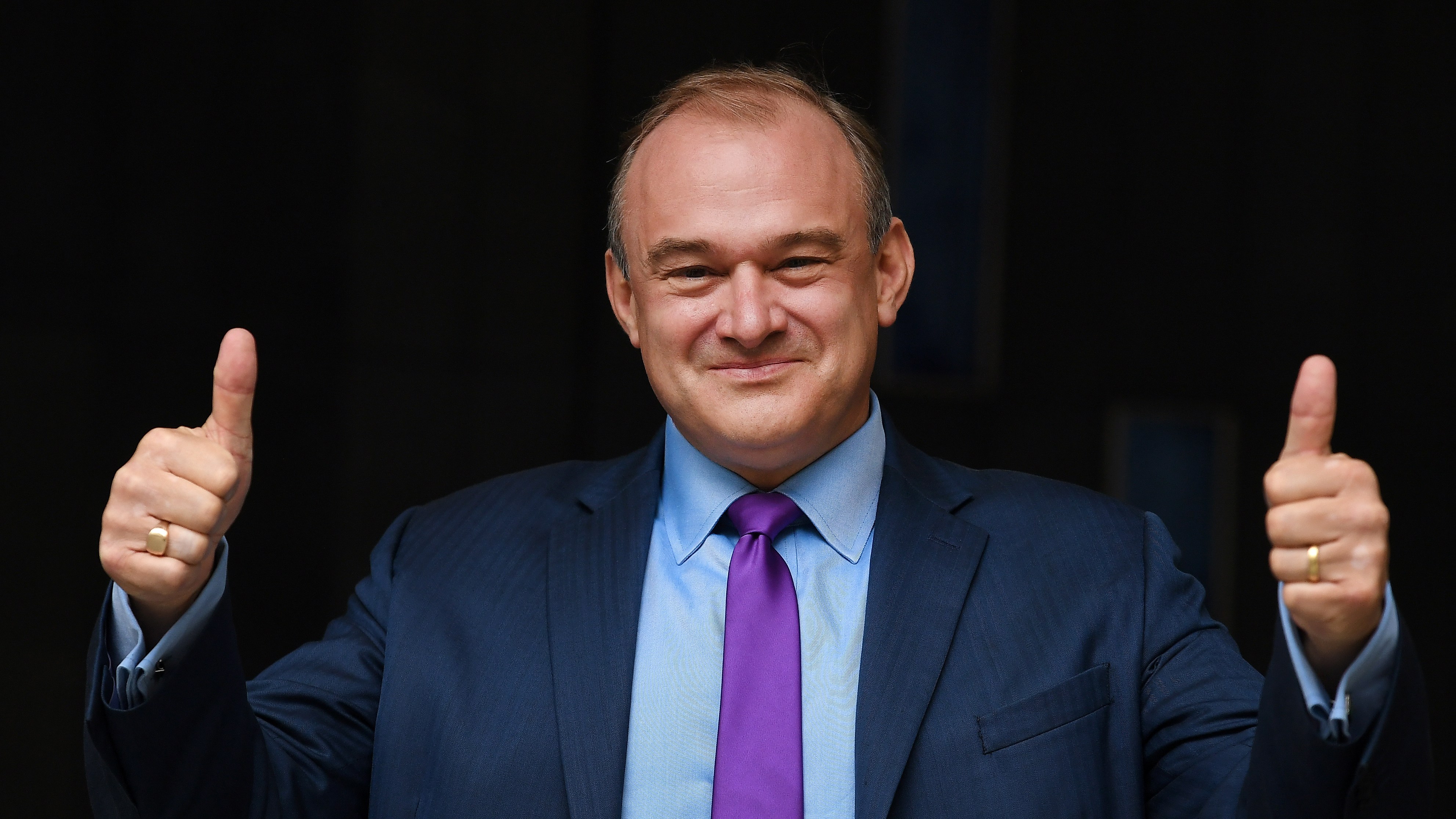GENERAL ELECTION: Conservatives and Liberals announce Moderate pact
After 11 years out of government and the death of monetarism, are the centreright Moderates ready to take their chance?
All things said, things look very bleak for the right this election. Harold Osborne is not a leader of whom risk could be said to be his defining characteristic - his shift to the left and policy programme have only recently began really visible, and we're in his third term and eighth year of power. A former civil servant once said Osborne's style of government could be called "grandmaster-like", with the eventual shifts being preceded by great periods of reflection and calculation.
The opposition knows this full well. Things look good for the government - incomes are rising fast, the economy looks secure, and Osborne himself is well liked. Although his right-hand man Jeremy Wilson is not popular with the right, his effect is equalised by his ability to mobilise the grassroots left. A united hard-left flank also poses an immediate threat to the Liberal localist groups and marginal seats alike, especially while new frontiers on constitutional issues are drawn.
The situation of this election is fairly clear - for the first time this century, two coalition blocs are facing off directly. Harold Osborne, Mildred Banbury, and Jeremy Wilson form the main figures in the Socialist bloc, facing off the Moderates to the centre and right headed by Rosemary Manning and the Liberal Party leader, Everett. The Socialists have won for 11 years and 4 elections, and they remain the favourites to win a fifth term. If they win, Harold Osborne's goal of sidelining moderate leftists and shifting his party back to the old left should finish itself, and the hardleft will establish itself as a new fourth major party for the foreseeable future. The hardright EPP, headed by firebrand radical-right Graham Ingley, remain a thorn in the Moderates' side, refusing to cooperate and also projected to nearly double their vote share, squeezing the Moderates' votes and causing a fight on two fronts.
With all that in mind, it begs the question: why did this pact take so long? If Osborne wins this election on the 22nd - and polling suggests he's on track to do just that - then this would be the fifth consecutive defeat for the Conservatives, a poor record not equalled since fifty years ago in the age of the strong Liberal party, and possibly set the Conservatives' spell out of power to sixteen years. The main reason this has taken a decade: the realignment.
Liberals took Alborough as a possible vehicle to government, but his reforms were still seen as monetarist at heart, a "closet capitalist" who kept many of the hardright Einarsson loyalists in high places. His miscalculation that people would forgive monetarism and forget Einarsson in 2014 likely cost him a close-fought election where John Largan of the Social Democrats clung onto power - albeit forcing his resignation soon after - and his refusal to resign before 2018 amid infighting from the centre and right gave the left a supermajority.
At first, Rosemary Manning looked like the same type of leader. However, her manifesto promises began civic conservatism - punching left, after decades of rightward drift. Liberals finally had a leader they could negotiate with - and with the split of the hardright, they now had a party that would be palatable to work with. Come April 2022, and they were ready.
And then the left noticed. Casting the right as "mired in murky deals" and "compromising Conservatives", and warning of "four years of half-baked ideas half-executed" under a Moderate coalition, prospects of an unstable government after fairly effective Socialist coalitions turned off leftleaning Liberals and rightleaning Conservatives alike, splintering their vote and giving Osborne another term arguably.
However for this election, the two Moderate coalition partners are openly cooperative. Promising pragmatic, centrist and progressive reforms on a basis of equality of opportunity over outcome, and facing both left and right to sideline the EPP and claim the middle ground, the Moderates have potential. The only issue? Nobody wants change.
To win this election, the Moderates will need a miracle. Liberals under Everett are still tentatively leftleaning and may feel uncontent if forced to fire down friendly leftwing amendments, the steady trickle of moderate Social Democrat to Liberal movement may reverse, and both parties are unsettled by each other's grassroots. Raw figures are also not on their side - the Socialists are on as much as 50 to 55% whereas the Moderates may only scrape 35 to 40%, giving the left bloc a majority once again.
To end, a quote by Isaac Harding:
Modern Conservatives pledge a different approach to every other conservative party, embracing social markets and even the fringes of social liberalism. The Moderate coalition has potential - but has it got purpose? Why should a conservative voter, wanting free market reforms and less regulation, vote for them? Why should a liberal voter, who is broadly satisfied with the current government's plans and who finds the Conservatives' history one of monetarist antipathy, vote for them? Graham Ingley's EPP is far clearer in its vision for a reformed Esthursia out of conflicts, and the Moderates' main virtue is taken by Osborne's undeniable statesmanship and his government's relative stability, albeit undermined by his deputy's efforts to make himself heard at all times.
The only way the Moderates working together can win is by proposing a radical alternative during a time when the left's not working. That's a hard sell at the moment, and I'm just not sure they can pull it off.
This general election is on 22 September this year, and Harold Osborne's Socialist bloc of the left is defending against Rosemary Manning's Moderate bloc of the centre to centre-right and smaller parties, particularly the hardright EPP. Make your voice heard by registering to vote by 15 September on
https://registertovote.gov.et as long as you're an eligible resident over or at the age of fifteen years.
Our forecasts project the Social Democrats are on course to win 162 seats, and the Socialist bloc a total of 224 seats, giving them a 87% chance of forming government and a 74% chance of a majority. With the EPP predicted 40 seats, the Moderates are projected to get just 137 seats, down from 163 at present. The House of Ministers is predicted to remain in Socialist hands by a margin of 460-341.











